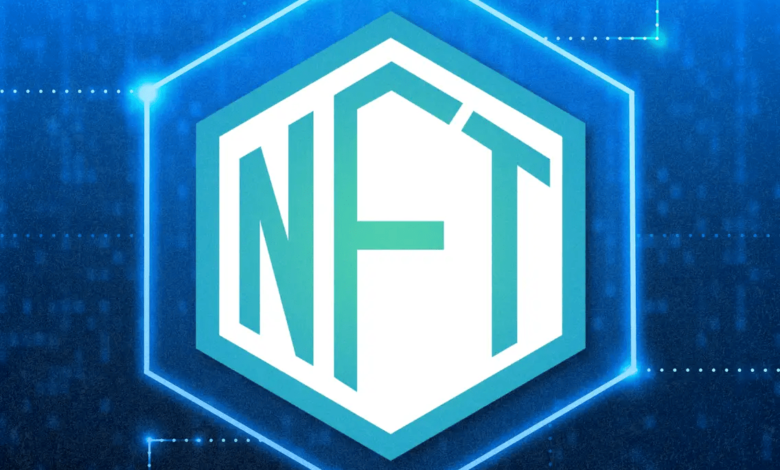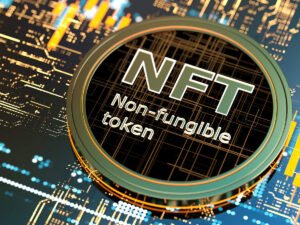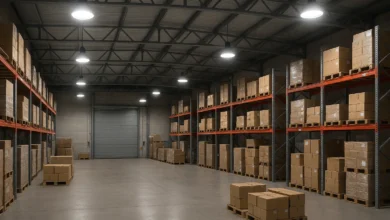
Nonfungible tokens (NFTs) are commonly used to display and transfer ownership of actual and digital assets and intellectual property. They are one of the most prominent use cases of blockchain technology. But how do NFTs function?
The use of information allows NFTs to represent themselves, which distinguishes them from digital images uniquely. Unlike digital photos, NFT information helps to impart unique features and identifiers that can signify ownership, uniqueness, and other attributes pertinent to today’s digital and physical art and property.
Minting is the process of uploading this metadata (or a data string connected to this metadata) in the form of a unique cryptographic token over an active blockchain to create NFTs. This article walks us through the many blockchains that underpin the NFT ecosystem’s underlying infrastructure.
Originally, blockchains were designed to do everything independently of one another. However, as NFTs, cryptocurrencies, and new developers enter the field, interoperability is needed across different chains – either software that can transport NFTs across chains or blockchains that have built-in connectivity. NFT Marketplace Development Company is the primary force behind pushing NFT across the blockchain.
What exactly are NFTs?
Non Fungible tokens, or NFTs, are digital assets that reside on a blockchain, a digital public record that allows for tracking and verifying all NFT transactions.

These cryptographic assets can represent everything from art to music to in-game goods, and they all have unique identifiers and metadata that make them one-of-a-kind and give proof of ownership.
The current situation of NFTs is an issue.
NFTs are created on a specific Blockchain Technology Companies in USA and can be distributed to anyone with access to that blockchain. Binance and Open Sea, for example, both use the Ethereum blockchain, but the Splinter lands market uses the Hive blockchain.
So, if you’re on a blockchain-based NFT marketplace Business, you’ll need to buy and sell NFTs minted on that blockchain. This means that only ERC tokens can post for sale on Open Sea.
With millions of NFTs in circulation and a plethora of blockchains, this is where troubles arise: Interoperability between blockchains is lacking. For example, if you have a Solana NFT, you won’t be able to sell it on an Ethereum marketplace – at least not quickly.
Other concerns about the current state of NFTs include:
- Depending on the day, these costs might range from $1 to $1,000.
- Using specific blockchains necessitates using the appropriate currency to complete transactions, such as ETH for Ethereum and BNB for Binance Smart Chain.
- Smart contracts aren’t available on all blockchains, and even if they are, the contracts can differ from one blockchain to the next.
So, what do you do if you have an ERC token and want to sell it on a Solana-based marketplace? There is just one method to consider right now.
How to transfer NFTs between blockchains
Currently, the only way to move digital assets from one blockchain to another is to use blockchain bridges.
A blockchain bridge, often known as a bridge, is software that allows users to move cryptocurrency or tokens from one blockchain to another. These third-party applications monitor both the network you’re on and the network you want to connect to simultaneously.
Wormhole, for example, uses a bi-directional bridge to connect the Ethereum and Solana blockchains by wrapping your tokens.
Assume you wish to convert your Solana NFT to Ethereum to sell it on a marketplace that only accepts Ethereum NFTs. This software stores your NFT on the Solana blockchain (in a “vault”) and mints an Ethereum-based wrapped version of the NFT.
The third party unlocks your original token and burns the wrapped one if you choose to unravel your NFT and return it to its original blockchain.
Because all NFTs are one-of-a-kind, only one of each type can exist at any given time. That’s why, if you wish to swap it back, you must burn the wrapped one and lock the original if you want it on another blockchain.
When it comes to bridges, there are a few things to keep in mind:
This third party is in charge of holding your initial token, so be sure it’s a reliable platform.
You’ll need a wallet and cryptocurrency to use a blockchain bridge. Is it possible to find NFT exchanges that handle several blockchains? Yes, however, it isn’t widespread at the moment. The majority of NFT exchanges are based on a single blockchain.




